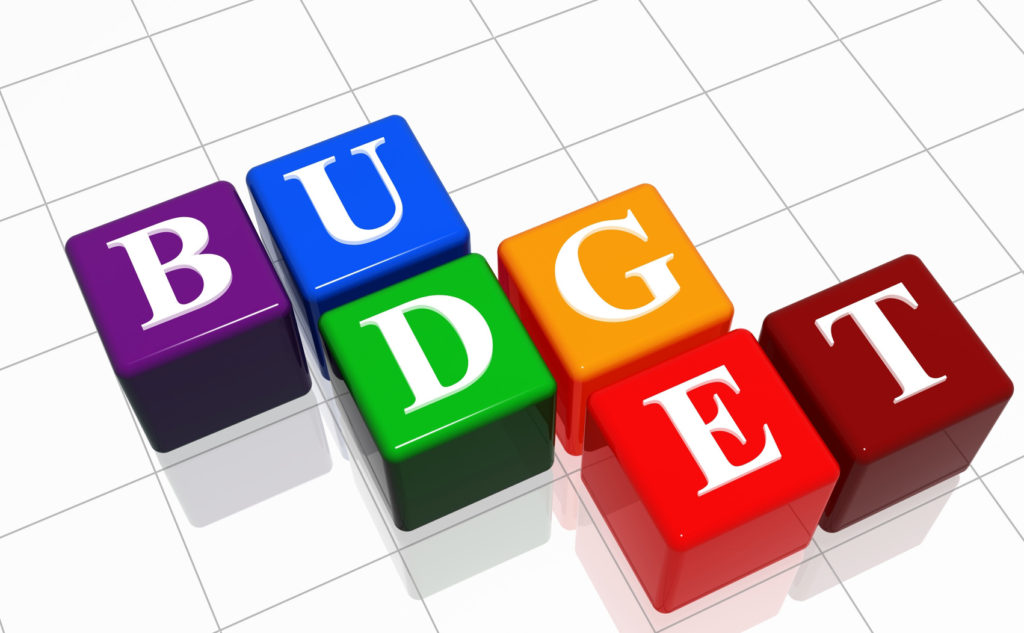3 Things You Need to Know About The Economic Implications of Budget Delay
Public budget is an estimate of government expenditures and revenues for a financial year. It is a tool of economic planning and fiscal policy. It is also a key tool for the government to control the direction of the economy, and attain greater efficiency. To meet this goal, governments usually operate within a defined time horizon, otherwise known as a budgetary calendar.
In Nigeria, public budgeting is supposed to start on January 1 and end on December 31. This means that a budget proposal should have been approved by the National Assembly and assented to by the President before the beginning of a New Year. The 2018 Budget proposal was delivered by President Muhammadu Buhari to the National Assembly on November 7, 2017. However, up to present moment, the 2018 budget has not yet been passed. This undoubtedly, has adverse implications on the Nigerian economy in three main ways:
Read More
- Stifling of economic growth: Firstly, government spending contributes directly to the economy through transfers and capital expenditures. This means that a delay in budget implementation would reduce government’s contribution to economic growth. Secondly, the government’s plan on revenue generation and expenditures (otherwise known as fiscal policy), influences other economic agent decisions like whether government is going to spend more (expansionary) or spend less (contractionary). A budget delay would therefore bring about uncertainty in the government fiscal policy direction. Thirdly, budget delay only affects capital expenditure such as infrastructural development. It doesn’t affect recurrent expenditures like payment of salaries. This means that infrastructural development such as building of hospitals, schools, construction of roads etc. would be significantly constrained.
- Poor budget implementation: It is quite logical to also expect that budget delay would bring about poor budget implementation. For example, Projects may be carried out haphazardly in order to meet up with the expected time. Additionally, budget delays introduces lack of accountability into the budget process, which could lead into diversion of public resources.
- Negative impact on Domestic investment: Budget delay brings uncertainty not just on the Government’s fiscal policy direction, but also on the decisions of the private sector. Since the private sector play a critical role in job creation, budget delay would indirectly affect employment level. For Nigeria, with an unemployed population of over 15.9 million people, budget delay further complicates the problem.


 English
English
 Arab
Arab
 Deutsch
Deutsch
 Português
Português
 China
China

